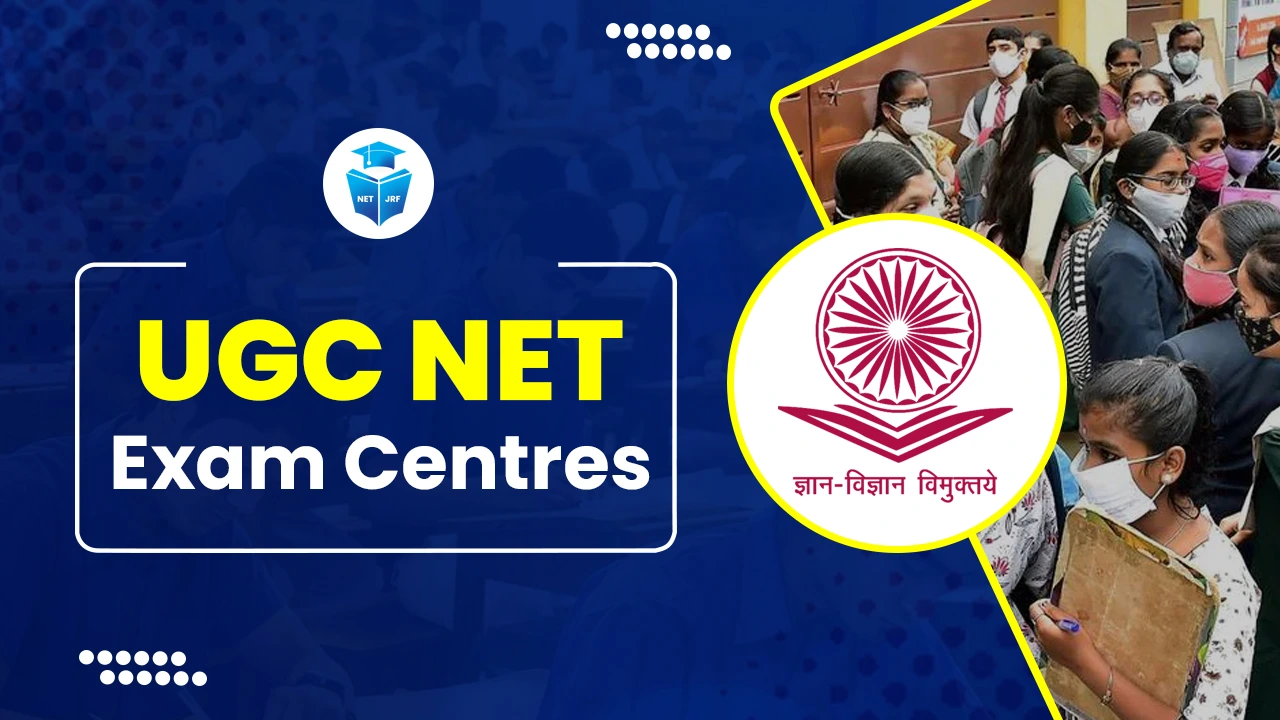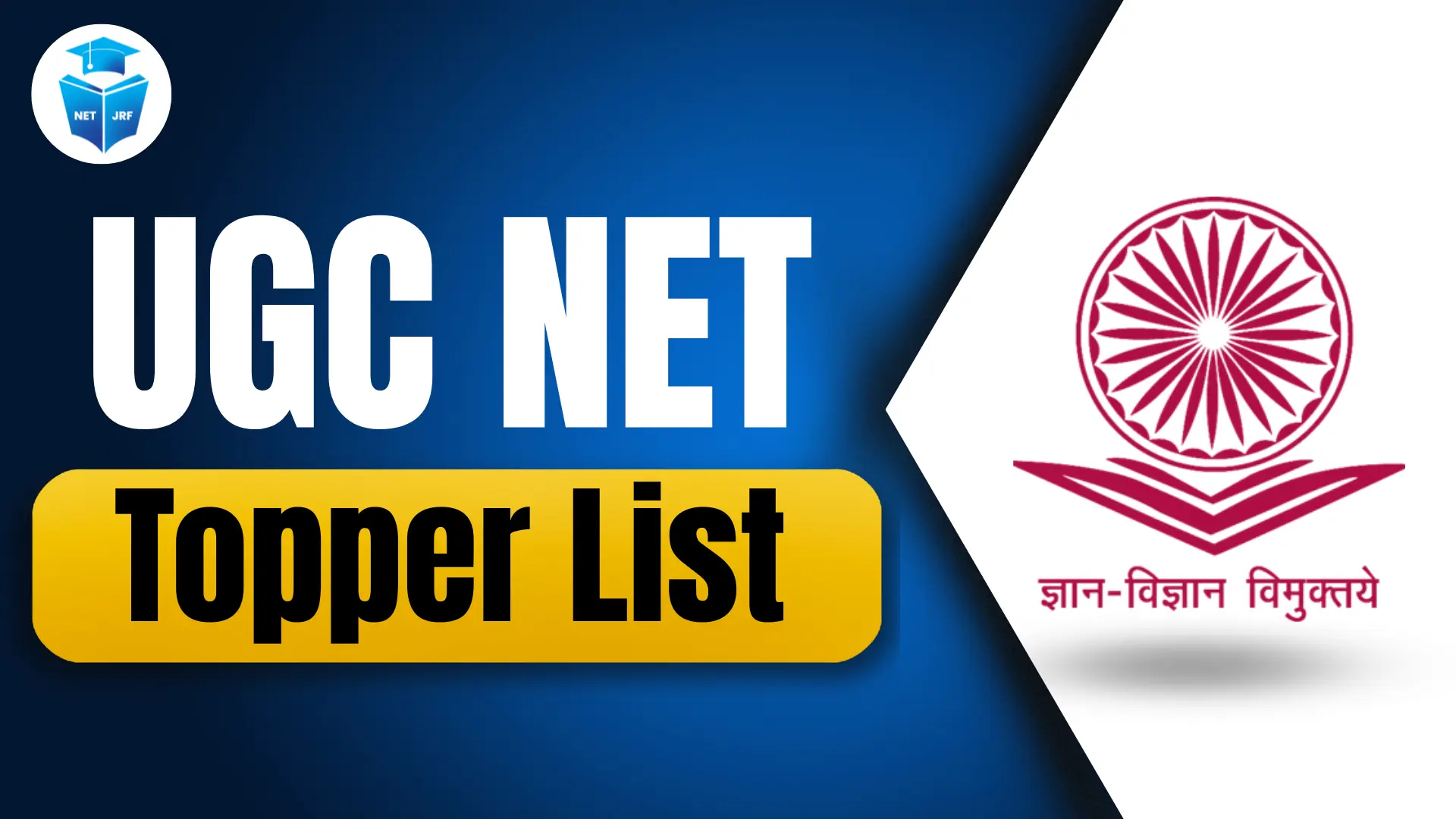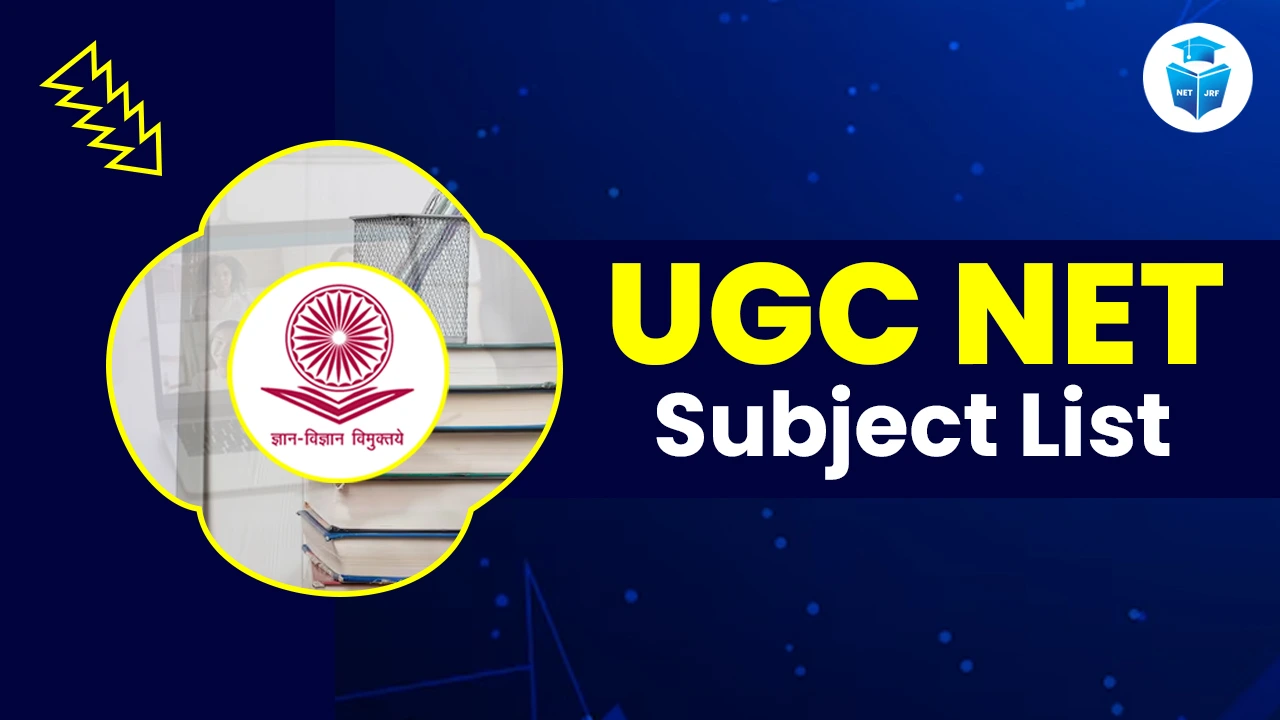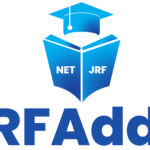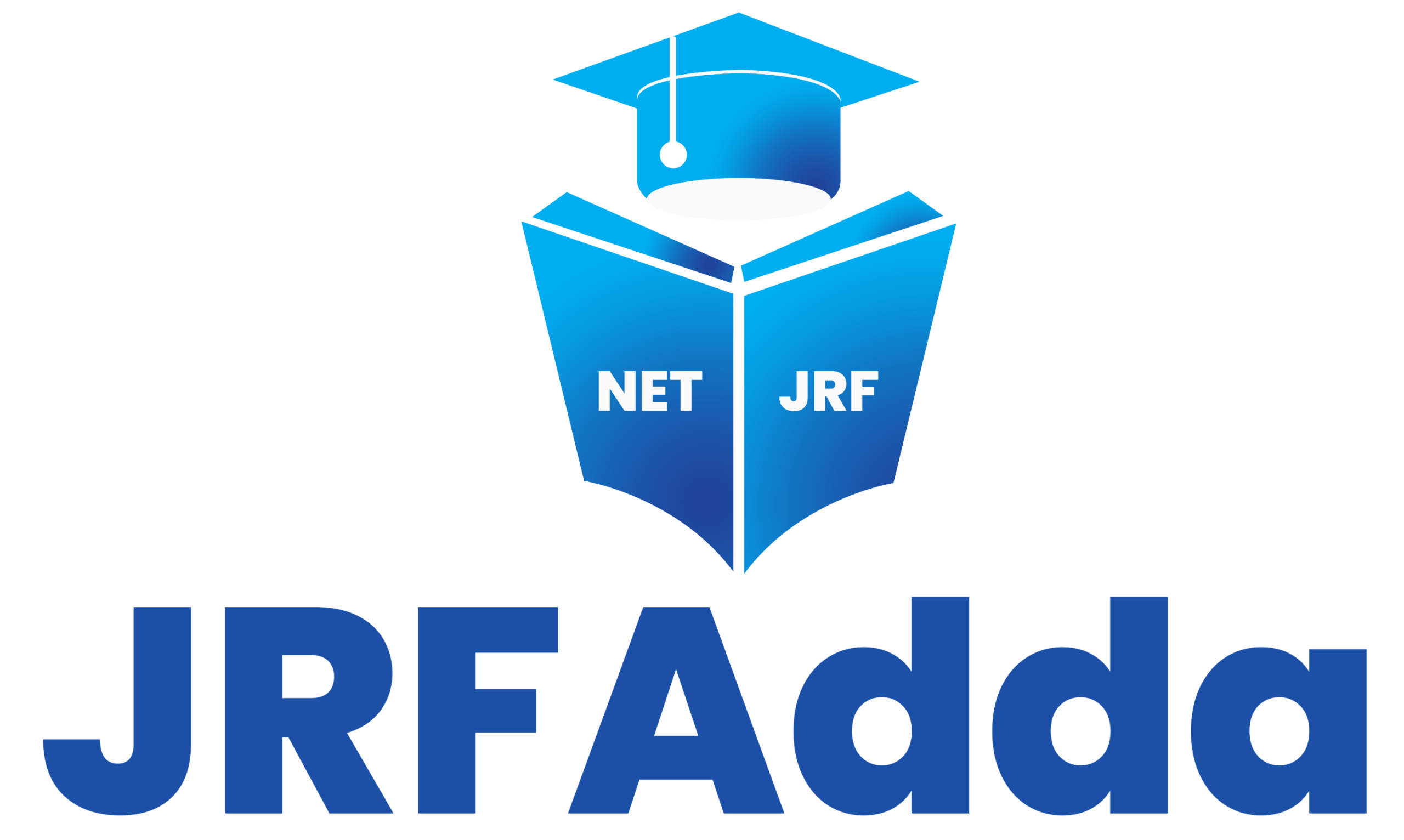UGC NET 2026
UGC NET 2026
UGC NET (University Grants Commission National Eligibility Test) is an examination in India that assesses candidates’ eligibility for the role of Assistant Professor and awards JRF.
Explore JRFAdda Exams
Discover a wide range of competitive exams with JRF Adda. Explore detailed study materials, subject-wise preparation, mock tests, and expert guidance for UGC NET, JRF, SET, and more. Start your journey towards success with the best resources designed to help you achieve your goals.
Explore UGC NET
Daily Quiz
Paper 1 Notes
PYQs
Online Batches
Books
Test Series
UGC NET is a prestigious national-level examination conducted by the National Testing Agency (NTA) to determine the eligibility of candidates for the posts of Assistant Professor and for the award of Junior Research Fellowship (JRF) in Indian universities and colleges. The exam assesses candidates’ teaching aptitude, research skills, and subject-specific knowledge, making it a gateway to promising careers in academics and research.
Also Read: UGC NET 2026
What is UGC NET?
The UGC NET is a qualifying exam that evaluates a candidate’s research, teaching, and subject-specific knowledge skills. It covers 85 subjects and is held twice a year in June and December. In order to be hired as an assistant professor at Indian colleges and universities and to be eligible for JRF grants for research, candidates must pass this exam.
Clearing the UGC NET 2026 makes candidates eligible for:
- The post of Assistant Professor in Indian universities and colleges.
- The prestigious Junior Research Fellowship (JRF), which provides financial support for doctoral and post-doctoral research.
UGC NET Full Form
UGC NET stands for University Grants Commission – National Eligibility Test. It is a national exam conducted by NTA on behalf of UGC, a statutory body under the Indian government’s Ministry of Education. Eligibility for Assistant Professor and Junior Research Fellowship (JRF) positions in Indian colleges and universities is determined by the exam.
Features
Description
Full Form
University Grants Commission – National Eligibility Test
Conducting Body
National Testing Agency (NTA)
Organising Authority
University Grants Commission (UGC), India
Exam Frequency
Twice a Year (June & December)
Mode of Examination
Online (Computer-Based Test)
Exam Duration
3 Hours (No Break Between Papers)
Number of Papers
2 No. of Papers: Paper I (General) & Paper II (Subject Specific)
Total Marks
300 (Paper I – 100, Paper II – 200)
Eligibility Criteria
Master’s Degree with 55% (50% for SC/ST/OBC)
Age Limit for JRF
Max 30 Years (Relaxation for Reserved Categories)
Age Limit for Assistant Professor
No Age Limit
UGC NET Important Dates: June & December Sessions
Event
December 2025 Session
June 2026 Session (Expected)
Notification Release Date
7 October 2025
3rd week of April 2026
Exam Dates
31 Dec 2025- 7 Jan 2026
25 June – 29 June 2026
Result Declaration
February 2026 (Expected)
Last week of July 2026
UGC NET 2026 Eligibility Criteria
The University Grants Commission National Eligibility Test (UGC NET) is a highly competitive exam that sets the standard for determining eligibility for Assistant Professor and Junior Research Fellowship (JRF) positions.
UGC NET 2026 Educational Qualification
- Candidates must have a Master’s degree or its equivalent with 55% marks (50% for SC/ST/OBC/PwD/Third Gender).
- Final year/semester candidates awaiting results can also apply.
UGC NET 2026 Exam Pattern
Aspect
Details
Mode of Exam
Online (Computer-Based Test)
Number of Papers
2 Papers (Paper I & Paper II)
Total Marks
300 (Paper I: 100, Paper II: 200)
Negative Marking
None
FAQs
What is JRFAdda?
What is the difference between UGC NET and CSIR NET?
Does JRFAdda provide study materials for State Eligibility Tests (SET)?
What is the difference between TET and UGC NET?
How can I get updates on exam notifications?

Get in Touch with JRFAdda for All Your Needs!
All Blog
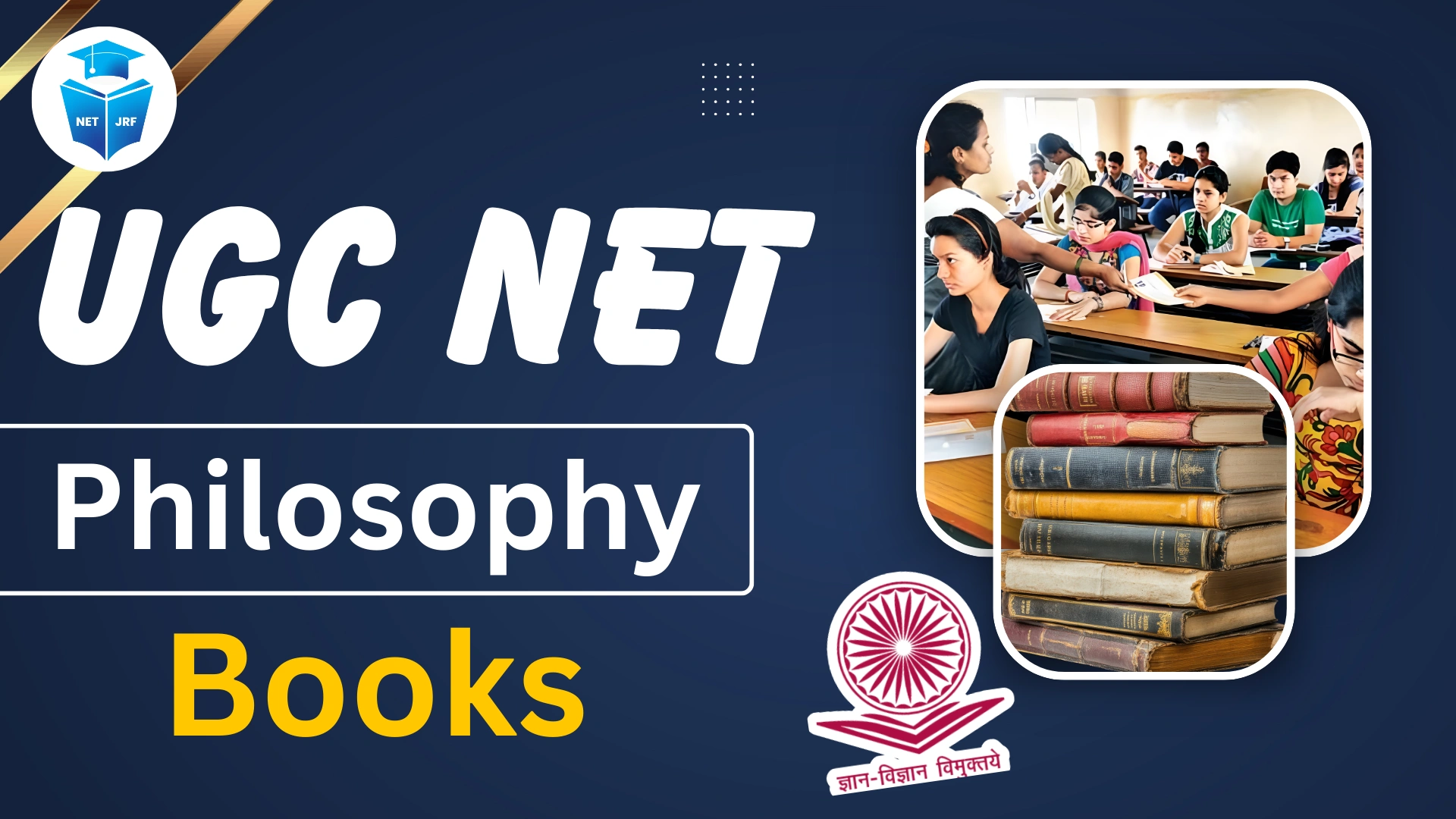
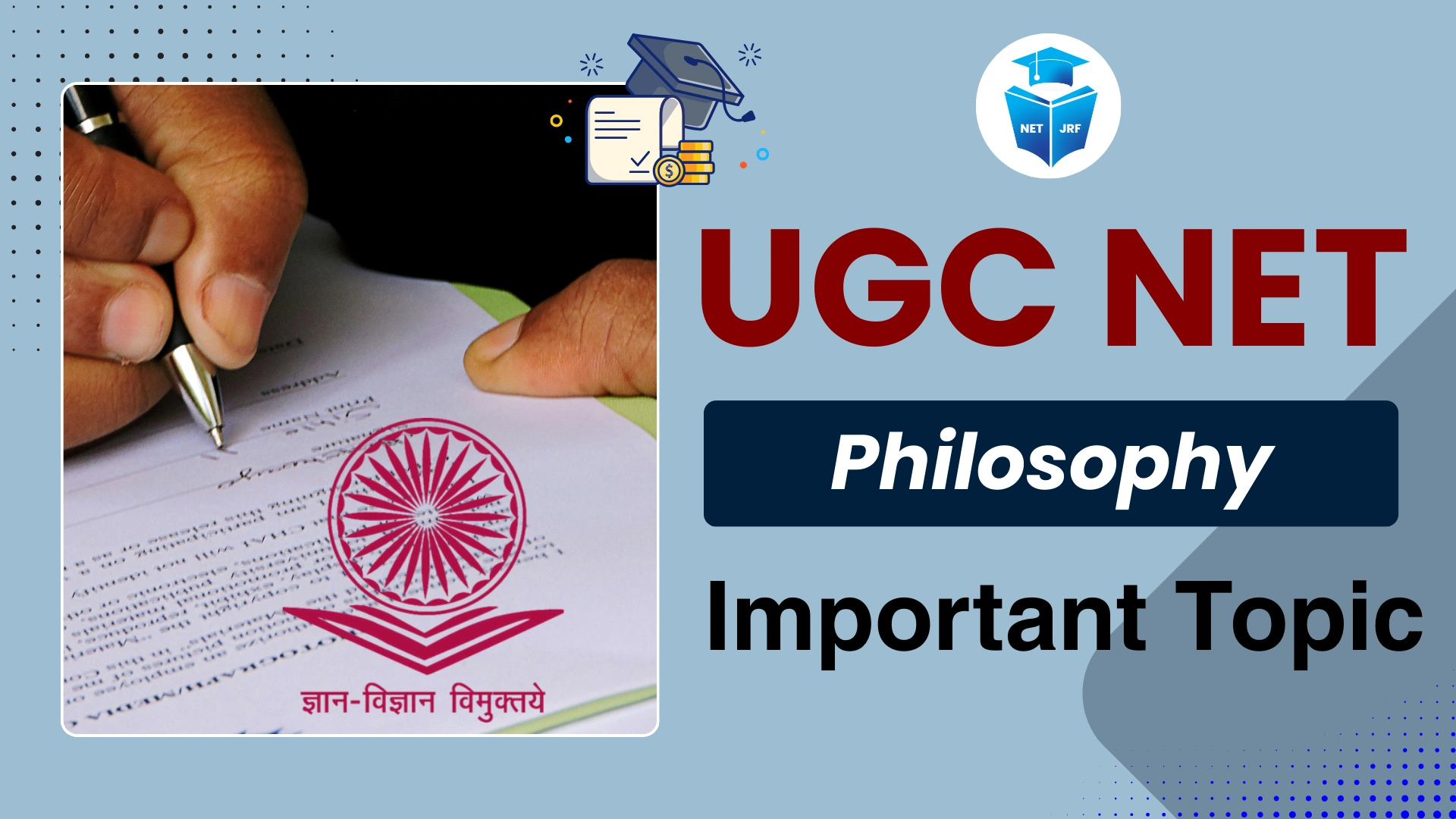
UGC NET Philosophy Important Topic 2026 for Paper 2 Preparation, Weightage Analysis
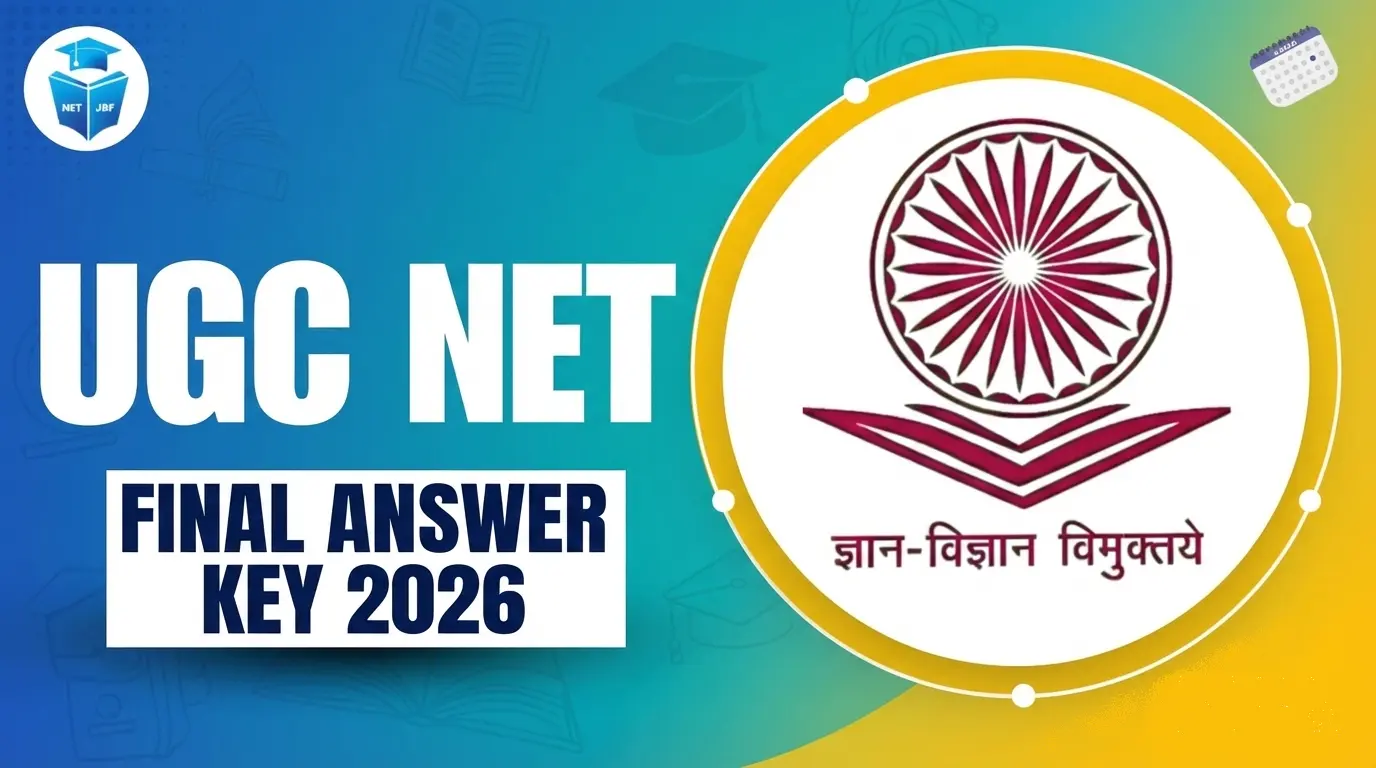
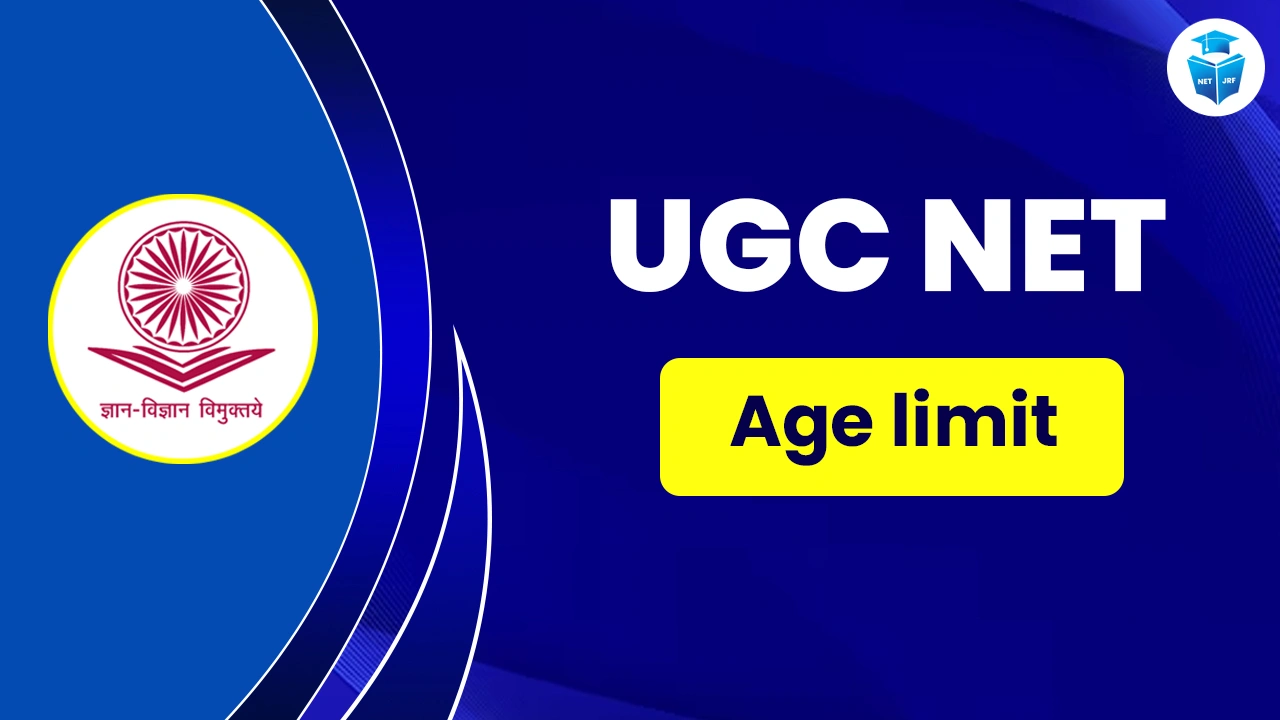
UGC NET Age Limit 2026, Check OBC/SC/ST/Gen Limits, Full Relaxations & Eligibility
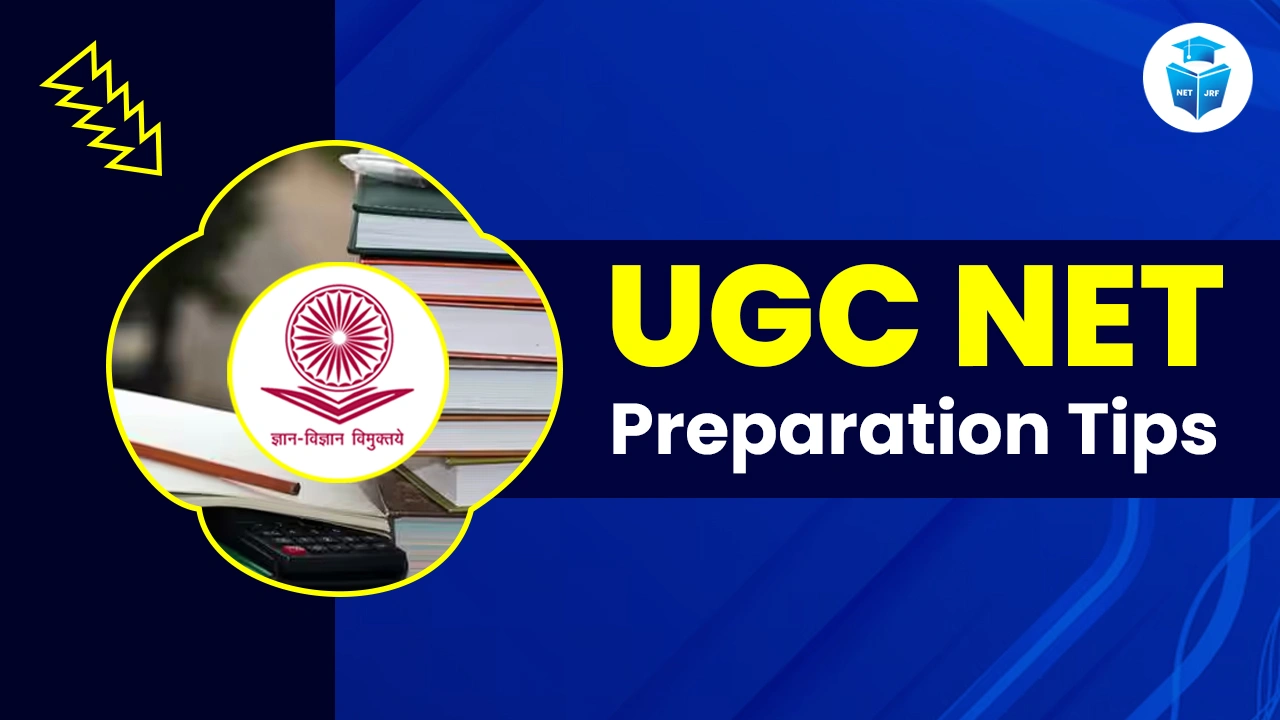
UGC NET Preparation Tips 2026, Check Ultimate Study Plan, Top Books, Time Management Tips
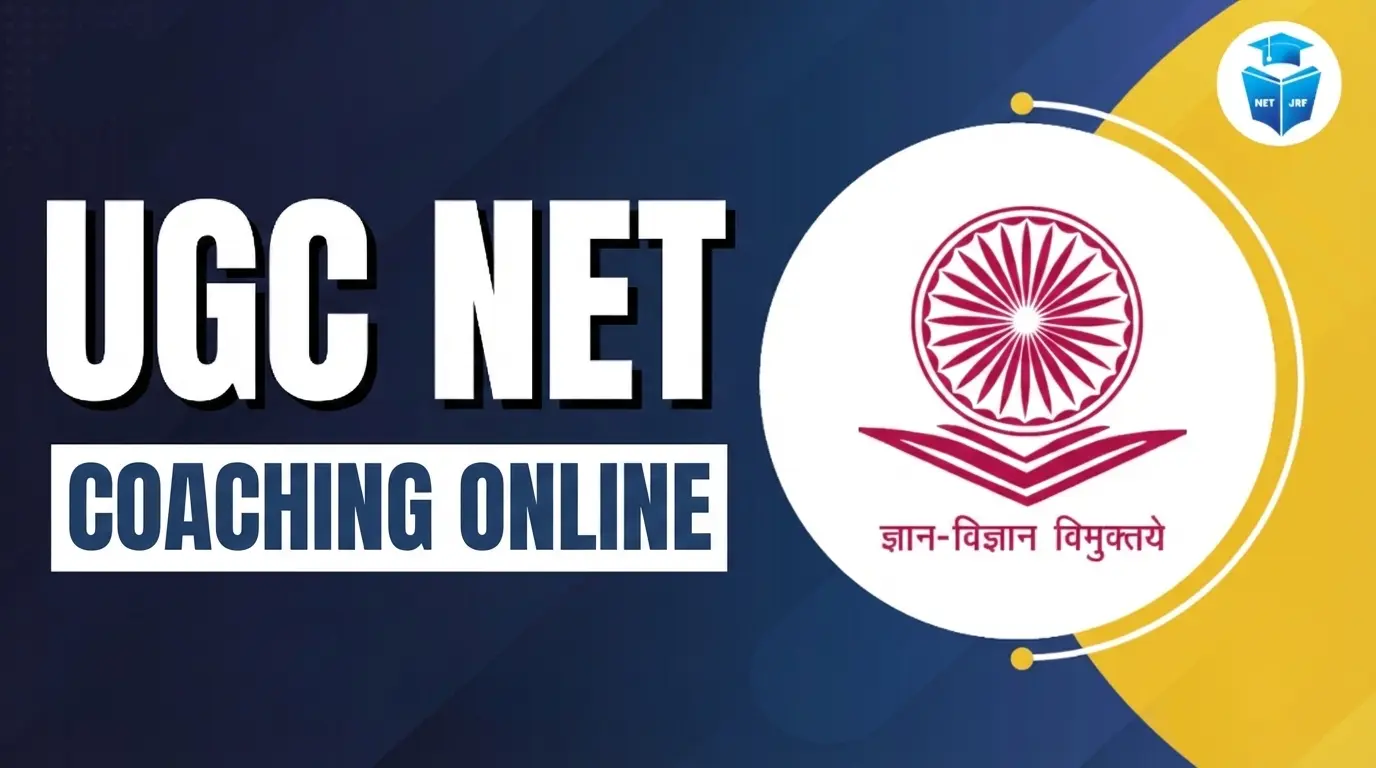
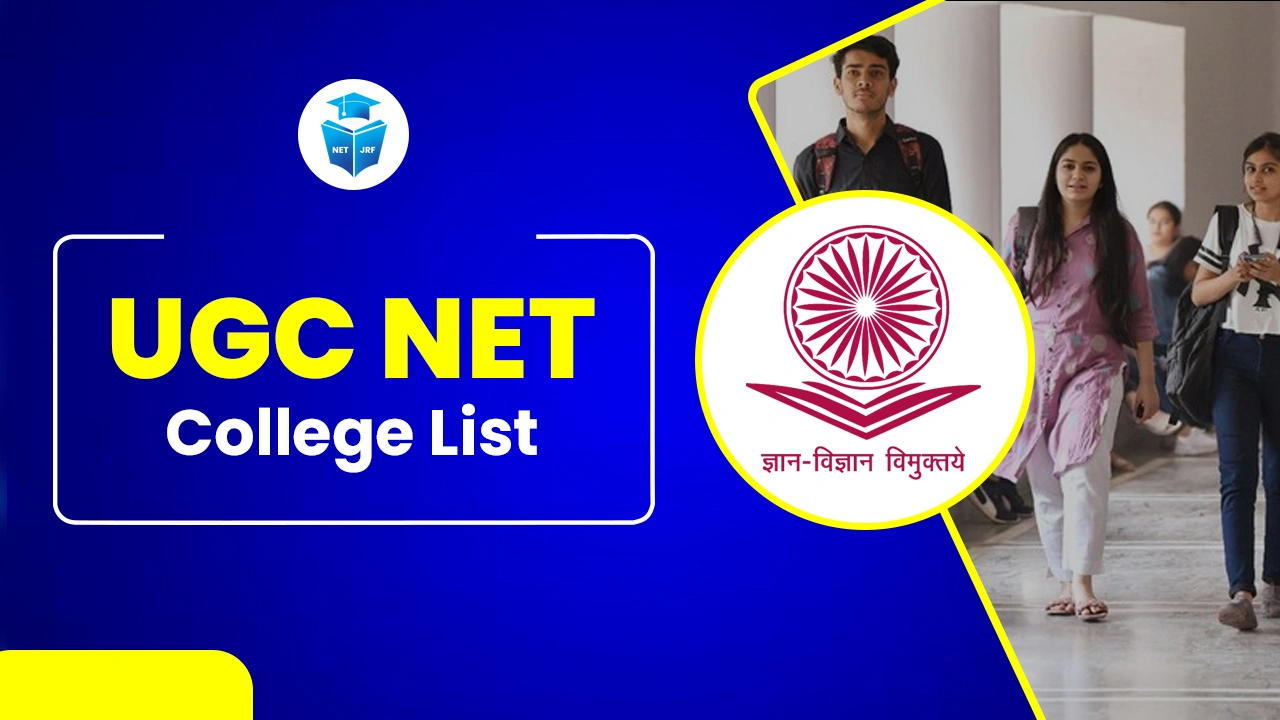
UGC NET College List 2026, Top Colleges, Universities for Lectureship, JRF, PhD Admissions
